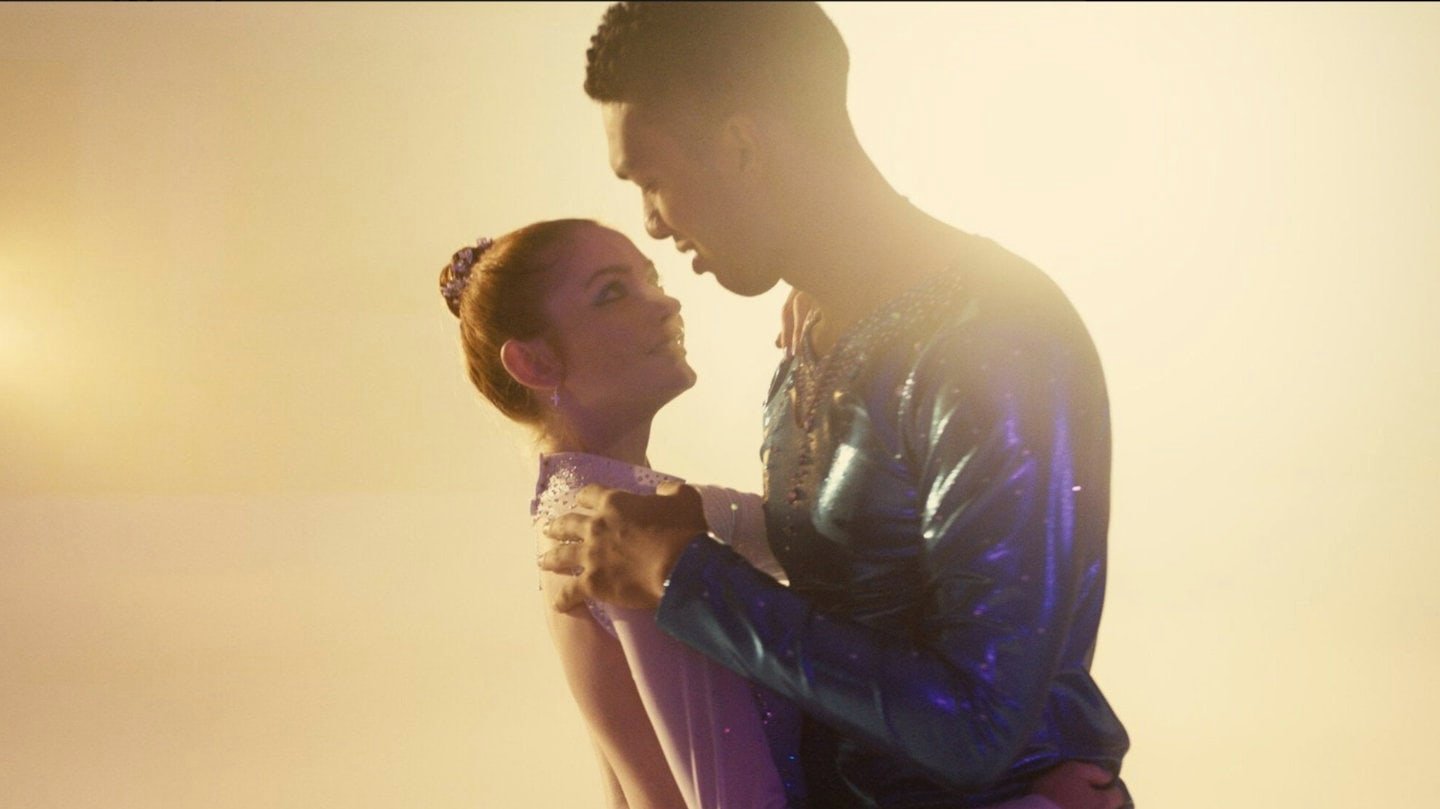Writer-director-producer Criss Gidas’s Wireless is a lot of things. A drama exploring the life of an Olympic figure skater and those associated with her, a psychological essay that attempts to address the overwhelming emotions that are seldom understood, a social context that challenges the HB 481 Law and a sharp reflection of the present-day society.… Continue reading Wireless: Multi-layered Sports Drama Exploring The Controversial Heartbeat Bill
Category: Reviews
DE – Documenting Depression: An Empathetic Gaze To Someone Recovering
Director-cinematographer Francisco Matias’s DE – Documenting Depression is a 58:55 minutes long documentary on a topic that is widely discussed, but poorly understood. And now, especially with the pandemic, mental health issues have risen steeply. That should not come as a surprise, or that isolation has not been easy. But what is surprising is to… Continue reading DE – Documenting Depression: An Empathetic Gaze To Someone Recovering
Snake Trail: Making Peace With Loss
Shicong Zhu’s Snake Trail forges a rarely seen relationship with the dead, in a film that looks at it with more hope than grief. Set amidst circumstances that would generally have been expected to be gut-wrenching instead, the story eases the harshness of loss by synthesizing the optimism of traditional practices. At its centre is… Continue reading Snake Trail: Making Peace With Loss
Guide Me Home: On The Struggles Of Trying To Belong
Perhaps it is an occupational hazard, but having watched Guide Me Home, the reigning thought for us is the unmistakable deftness writer-director Stefan Georgiou and editor Edward Coltman show in the pacing and narrative style of the film. A film charting out the life of a lonely man in a vast city, Guide Me Home… Continue reading Guide Me Home: On The Struggles Of Trying To Belong
My Neighbor, Miguel: A Moving Portrait Of An Artist & His Indomitable Spirit
This is essentially a love letter written not just to the man on whom it is based or the city he belongs to, but to the entire world. At a time when the whole world is grappling with the pandemic, it is something of a bittersweet reminder that there was an epidemic of another kind… Continue reading My Neighbor, Miguel: A Moving Portrait Of An Artist & His Indomitable Spirit
Obdurate: Examining The Milestones Of A Doomed Path
Trigger warning: domestic violence, abuse The strange thing about abusive relationships is this: the victims have a hard time believing their friends, experts and even themselves, when told that their partner is in fact, abusing them, or that it will only get worse with time. Perhaps it stems from confusion resulting from a shaken sense… Continue reading Obdurate: Examining The Milestones Of A Doomed Path
The Sleepless: Kami Sadraei’s Twist On Facing Your Issues
Quick question. How would you get the most out of your therapy? Whatever your answer may be, The Sleepless‘ protagonist would disagree. Jake, a man who has not slept well in years, uses his therapy session rather efficiently. Written and directed by Kami Sadraei, the seven-minute film revels in its moody black and white atmosphere… Continue reading The Sleepless: Kami Sadraei’s Twist On Facing Your Issues
The End Of The World: Novelty Makes For A Gripping Thriller
For a large chunk of its length, Joshua M.G. Thomas’s The End Of The World, written by Nabil Chowdhary, keeps its audience hooked on its sinister story, keeping them guessing as to its true form until well into the runtime. It sets up its narrative excellently. Foregoing introductions, we are plopped right into the centre… Continue reading The End Of The World: Novelty Makes For A Gripping Thriller
Don’t Try This Alone: A Comedy On Quitting
Don’t Try This Alone, warns the title of Artii Smith’s 28-minute comedy, but as it turns out, trying it with a companion does not yield its characters very many great results either. Over the course of the film, Kevin (Ryan Keem) and Benny (Nobuaki Shimamoto) try and fail on a loop to give up smoking… Continue reading Don’t Try This Alone: A Comedy On Quitting
Breaking The Silence: Forty Years Of Unacknowledged Trauma
Whether it was the second world war, or the wars raging on today, wartime sexual violence has always been perpetrated. Yet, as Breaking The Silence shows, sometimes — too often — as much as forty years go by before victims get so much as recognition. Seayoon Jeong’s 27-minute short, co-written by Sandra Philip, tells the… Continue reading Breaking The Silence: Forty Years Of Unacknowledged Trauma
